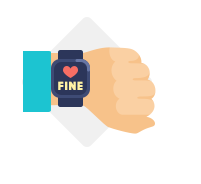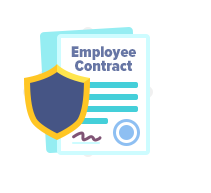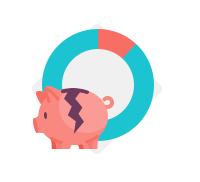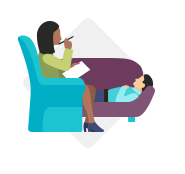I just learned that April is Stress Awareness Month. So what has Florida stressed out? A lot of different things, actually. According to Wallethub, 83% of adults are stressed out from inflation. But there’s so many other things to worry about, too. Like Fort Myers traffic. Or Naples insane rent prices. And hurricanes. Taking a look at the overall state, let’s see how Florida stacks up against the others.
To determine the states with the highest stress levels, WalletHub compared all 50 states across 41 key metrics. The diverse data set ranges from average hours worked per week, the personal bankruptcy rate, to the share of adults getting adequate sleep. A lot of these factors can compound each other. Here’s how Florida ranks against the other states. It seems like we aren’t worried about losing our jobs, but we are worried about our spouse and whether or not we can pay rent!
Stress Levels in Florida (1=Most Stressed, 25=Avg.):
- 22nd – Avg. Hours Worked per Week
- 19th – Share of Adults Getting Adequate Sleep
- 34th – % of Adults in Fair/Poor Health
- 49th – Job Security
- 15th – Median Credit Score
- 7th – Housing Affordability
- 18th – % of Population Living in Poverty
- 5th – Divorce Rate
- 26th – Crime Rate per Capita
- 16th – Psychologists per Capita
The job security part actually makes sense as Florida has a very low unemployment rate of 2.6%, and forecasted faster-than-national average economic growth rate. I think if they just polled Southwest Florida, ‘driving in traffic’ would rank high on the stress test. So how do we rank up against everyone else? Middle of the pack, actually.










